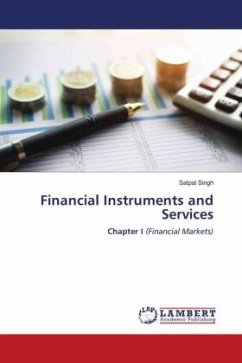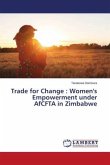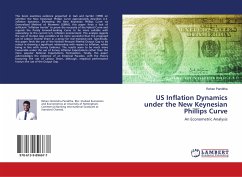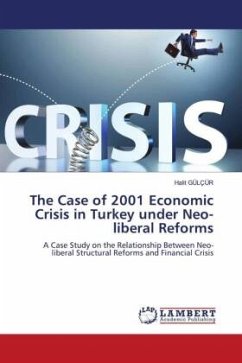This book describes Negotiable Instruments Act (NIA) using in Indian Banking system. This NIA is adopted by several countries in the world as per their choice and modification like the USA, UK, Canada etc. Negotiable Instruments Act is a controller of financial functions in India as well as in the International perspective. NIA was passed into law by the British Emperor in 1881 being the Negotiable Instruments Act, 1881 (Act No.26 of 1881) for India. Thereafter, several amendments have been done on this NIA in India. First Chapter deals Introduction. Second Chapter on 'Historical Development of Negotiable Instruments Act, 1881' deals with the concept of economic transactions and development. Third Chapter on 'Constitutional Provisions and Statute for Negotiable Instruments Act in India' describes the various articles and amendments. Fourth Chapter on 'Judicial Delineation' enumerates the landmark cases with their judgements to financial transactions in India. Fifth Chapter on 'Comparative Study of Negotiable Instruments Act' delineates the comparison and evaluation of the present status. Last chapter on 'Conclusion and Suggestions' deals with focusing new economic reform necessary.








